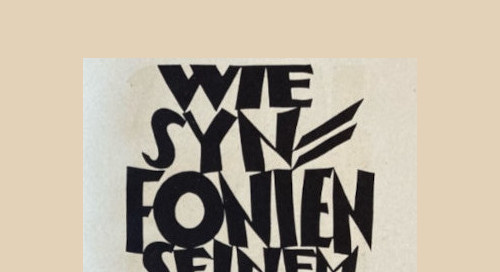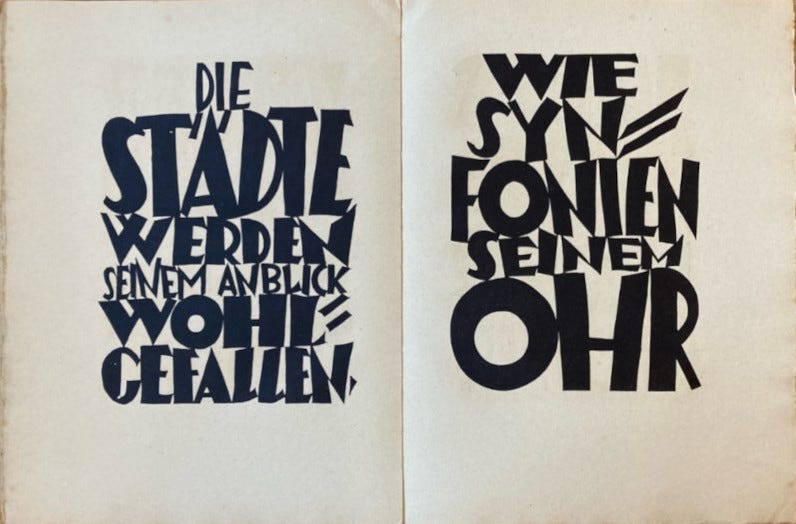I]
1]
Accelerating technological developments have brought social conflict to a breaking point. On one side stand forces organized on traditional lines to impose economic and social dependency and subjugation through the control and direction of cultural consumption and production. On the other, disorganized counter-hegemonic forces spontaneously rise from fast-paced historic change. On either side there are blind and futile attempts to defend or overturn antiquated relations of production rooted in inadequate and sclerotic world views (“Wokism,” Culture Wars).
2]
Due to changing perceptions of ownership and use, social relations are at a historic turning point. This affects the formation and exploitation of cultural fields (repatriation, appropriation, fair use, artist/author remuneration).
3]
The means and forms of cultural and intellectual production are organized through a massive and exclusionary system of financial capitalization. As a result the “Art World” [Becker] has been supplanted by a totalizing art market passing for and supplanting a social organism. The purpose of this system is not to produce but simultaneously to accumulate financial and cultural capital. The result is an outwardly seamless conflation of cultural with economic capital (high-cost production values; capitalization of mass media, private ownership of media).
4]
This market fosters social and economic dependency by enforcing monadic competitiveness, globalized cultural competency, and ideological loyalty (elitist system of rewards, grants and prizes, bureaucratization of culture, displacement and suppression of interpretative communities). As a result, the values enforced by the system of cultural production and distribution are the values of capital, often under a veneer of progressivist posturing.
5]
As capitalist culture and knowledge are put increasingly on the defensive by technological democratization, participants are reduced to the position of consumers, not producers, of culture and knowledge. The concrete reality of a system in which production and consumption are the two sides of the same activity is concealed by an artificial barrier between the professionals of culture and the consumers of cultural services. Enforcement is directed by a cadre of “functionaries” and “administrators” [Gramsci] who facilitate the reproduction of capital through the circulation of cultural and economic values (curators, gallerists, starchitects, higher ranks of artists, “influencers”).
6]
The history of culture in the era of capital is marked by the development of two antagonistic forms of acculturation, Bildung and Erziehung. The first is formal, oriented toward cultural consumption as a privilege rooted in Idealism, accessible by fiat to those designated as innately competent by birth or by class. The second is non-meritocratic, functional, rooted in material being and human needs, oriented toward production. In its conscious, self-reflective incarnation under Socialism this form of acculturation strives to give producers the tools (cultural, theoretical and practical) to displace capital as the determining factor in economic and cultural production (Red Vienna, 1919-1934).
II]
1]
The goal of Socialist cultural policies is the reversal of the cultural dynamics of Capitalism so that economic activity is folded into the socio-cultural, instead of the opposite [Polanyi]. These policies aim to break the cycle of dependency in which each human is ensnared by capitalist relations of production.
2]
This is accomplished through the redistribution of cultural capital, leading to, and in coordination with, redistribution of economic capital. The means are enforcement of the mechanisms by which cultural capital enables the redistribution of economic capital, reversing the process of by which cultural productions are made increasingly dependent on intense capitalization on which in turn depend the formal aesthetics required by high-capital mass production. Therefore, elected representatives and grassroots participants will strive to disable the meritocratic / competitive complex while expanding those institutions that guarantee full and non-competitive access to culture and education through free public libraries, free universities, access to manufacturing spaces, studio spaces, performance spaces and cultural centers (« maisons de la culture »), as well as full access to digital resources (free broadband, full access to the digital commons). They will favor direct, low-capital systems for distribution and exploitation (street sales and fairs, co-ops). They will ensure that hybrid institutions and other forms of public-private ownership adhere to their declared mission, especially those that have abandoned their original calling (e.g., in New York City: free workers education for men and women at the Cooper Union, free admission to the Metropolitan Museum of Art, accessibility to university libraries, free theater-in-the-park across all boroughs).
3]
Elected representatives and participants will avoid acting as arbiters of privilege whose task is to balance competing individual interests (art and music review system). Nor should they prioritize propagandistic content or messaging over forms of production and consumption. Rather, they will consciously empower those forms of production and consumption that favor and encourage social values by promoting social interactions and structures that prioritize a common good rooted in mutual interdependence and co-operation (“La Sociale”).
4]
Reliance on the direction of elected representatives must be kept to a minimum, therefore experiments in developing a socialist culture must be grounded in the fabric of localities that are sufficiently evolved to serve as “utopian enclaves,” laboratories for a socialist culture. Against the aestheticization of the political the materialist doctrine demands the politicization of the aesthetic [Benjamin]. This in turn, requires an acceptance of the fact that Taste itself is a political activity. This acceptance is possible today in a few lived environments. Such environments must become the tipping point toward Socialism: “The cities will fall upon their eyes / like symphonies upon their ears.” [Josef Liutpold Stern.] This is where we begin.




